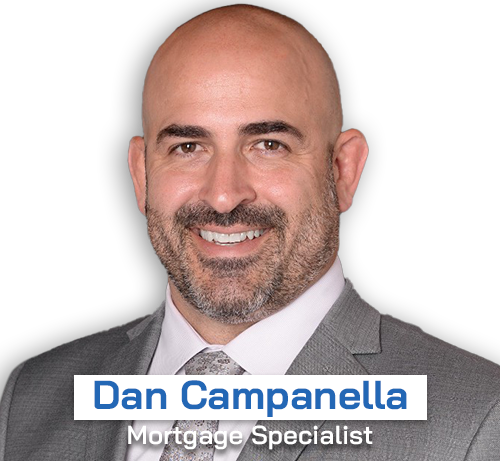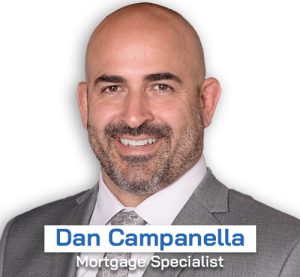
What Is A Mortgage Refinance?
When you get a new home loan to replace your current one that is called refinancing your mortgage. Reasons for refinancing include lowering your monthly payments, lowering your interest rate, or tapping into your homes equity. It can also help you to pay off the loan more quickly, end the FHA mortgage insurance, or change to a fixed-rate loan from an adjustable one.
How Do I Refinance My Home Loan?
You get a mortgage to pay for your home when you purchase the home. The money goes to the seller of the home from the lender. To refinance your mortgage, you will need to get a new home loan. This time instead of going to the seller, the new mortgage pays off the balance still owed on the old home loan. You will still have to qualify for the loan, just like you had to for the original mortgage to refinance your mortgage. You fill out an application, go through the process of underwriting, and attend a closing, just like when you purchased your home.
Why Should You Refinance Your Home?
First, you will need to consider why you want to refinance your loan. That reason will direct your mortgage refinancing process in the right direction.
- To reduce the monthly payment: If your goal is to pay less each month, you can look for a lower interest rate to refinance. You can also extend the term of the loan. For example, you can extend your loan from 15 years to 30 years. However, extending the loan term means that you end up paying more interest in the end.
- To tap into your home equity: You can borrow more than you owe on your current loan and get a check for the difference. This is what is known as a cash-out refinance. You can get a cash-out refinance and a lower interest rate at the same time.
- To pay off the loan more quickly: You can change your loan from a 30-year mortgage to a 15-year mortgage and you will pay off that loan in half the time. This results in less interest paid over time as well. There are pros and cons to a 15-year mortgage. A downside is that the monthly payments usually increase.
- To get rid of FHA mortgage insurance: The Federal Housing Administration mortgage insurance premium that you pay on FHA loans cannot be canceled. You must sell the home or refinance your mortgage once you have enough equity to stop paying FHA mortgage insurance. To find how much equity you need before you can do this, estimate the value of your home, then subtract your mortgage balance, and that will equal your home equity.
- To switch to a fixed rate from an adjustable-rate loan: Adjustable-rate mortgages can increase over time. Fixed loans stay the same. The fixed-rate loan gives you financial stability and helps when planning your payments.
When Is The Best Time To Refinance Your Loan?
Should you refinance into a 30-year loan again if the goal is to reduce your monthly payment? It is tempting to go with another full 30-year loan to do this. But this means that it will be even longer before your home is paid off and results in more interest over time. Instead, you can ask the lender to match the length of your remaining balance on your existing loan. This means if you have a 30-year loan for 3 years, you have 27 years left. You can ask your new lender to set up the payments so that they will still be paid off in 27 years. This will reduce the interest paid over the life of the loan. This is mortgage amortization at work.
Using A Mortgage Refinance Calculator To See Today’s Refinance Rates
After it’s been decided that you are going to refinance, you will have to crunch some numbers. You can shop around for the best mortgage using a mortgage refinance calculator. You will need to know, or guesstimate, your new interest rate and new loan amount. Then, the tool will calculate your monthly savings, your new payment, and what you will save over the lifetime of your loan. It will also show your refinance “break-even” point. There are many fees included in getting a mortgage. This can amount to thousands of dollars. It takes a while to break even on a refinance. This means that the monthly savings have accumulated enough to be more than the cost of the refinance. You will know more about what to expect when you use the refinance calculator. It will also give you estimates from mortgage lenders and can help you to calculate which one will give you the best deal.
How To Maximize Your Mortgage Refinance Savings
Now you have some information to use to help you work the phone or websites. You will use this to shop for the best rate for your refinance. Each lender is required to give you a loan estimate within three days of you giving your information. This loan estimate is a three-page document that is simple to fill out and gives all the details of the terms of the loan, expected payments, estimated fees, and closing costs. You will use this information to compare each lender to find the best fit for your loan. Now is a good time to use that mortgage refinance calculator.
The Steps To Refinancing A Mortgage
- Set your goal: What is your goal? Do you want a shorter term? Do you want to stop paying FHA mortgage insurance? Do you want to lower your monthly payments?
- Shop for the best refinance rate for your mortgage: Make sure to watch for fees as well.
- Apply for a mortgage with 3-5 lenders: The first lender’s credit check might lower your score a little, the other checks show lenders that you are rate shopping and shouldn’t change your score at all. Make sure to put the applications in a two-week timeline to avoid the impact on your credit score.
- Choose a lender for your refinance: Compare the loan estimate document each lender gives you. This will also tell you how much you will need to have on hand for closing costs.
- Lock in your interest rate: Once you lock in the interest rate, there is a certain amount of time that it cannot be changed. You and your lender will want to close the loan before the locked-in rate expires.
- Close on the loan: Here is where you will pay the closing costs listed in the loan estimate and the closing disclosure. Closing on a refinance is similar to closing on a purchase loan. The main difference is that no one hands you the keys to the home at the end.
Contact Dan (954-336-1922) for a free consultation!
—
 About Dan Campanella – Mortgage Specialist
About Dan Campanella – Mortgage Specialist
Dan provides clients with years of proven experience and an abundance of financing options for their mortgages. His common sense approach and devotion to customer service is what sets him apart in the highly competitive mortgage industry. Dan prides himself on consistently delivering “referable services” to his clients, referral sources, and partners.

